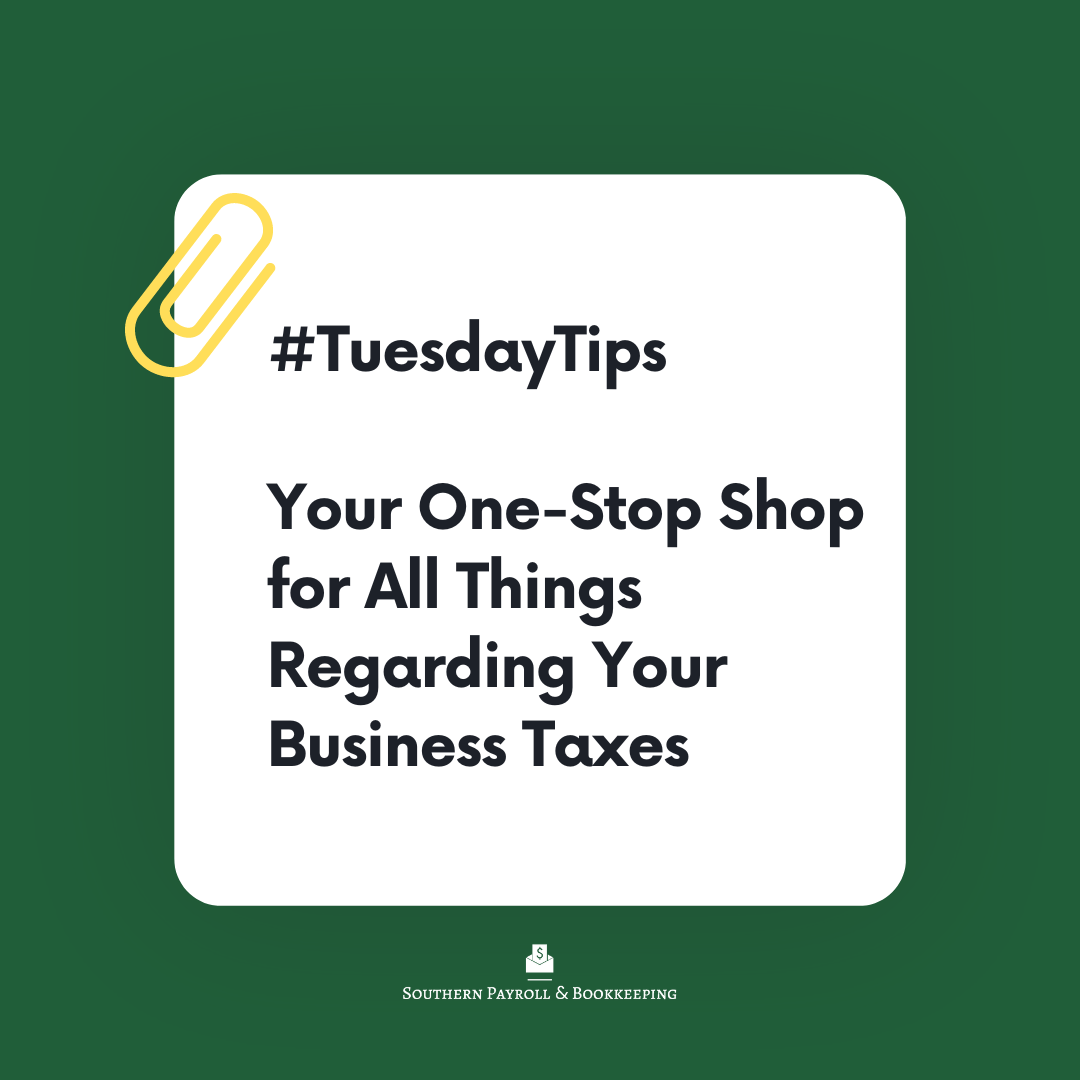Knowing which tax bracket that your business falls into is important in order to get ready for this year’s tax deadline. This will help prepare you so that you cannot only understand tax rules and rates that will apply to you, but also so that you can estimate your businesses total tax bill in order to set aside funds for your quarterly payments!
Small businesses are taxed according to business structure. This means how and what you pay is dependent on whether you are registered as a C corporation, S corporation, limited liability company (LLC), partnership, or sole proprietorship. Depending on which you are, you will fall into one of these two categories: a pass-through entity or a non pass-through entity.

What is a pass-through entity? Pass-through entities include S corps, LLC’s, sole proprietorships, and partnerships. In a pass-through entity, the business’s income gets passed directly to you as the business owner. This makes it so that you bypass paying corporate income tax, but instead pay personal income tax on your business’s income. How much you pay depends on your individual filing status, tax deductions and credits, your business’s income, and how much you earn from other jobs or income streams.
What is a non pass-through entity? Non pass-through entities include LLC’s being taxed as corporations and C corps. If your business is a C corp, you’ll pay corporate taxes on your business’s income. C corps pay a flat rate of 21%. After this, your corporation should pay individual shareholders dividends, which are shares of your company’s profit. Then, those shareholders will have to pay personal income taxes on the dividends that they receive separately.
What are tax deductions? The IRS defines business tax deductions as expenses that are “both ordinary and necessary” to your business. Some common deductions for businesses include: Marketing and advertising costs, contract labor, business insurance, legal fees, home office, salaries, rent, travel expenses, and phone and internet expenses.
What are tax credits? Tax credits reduce the amount of taxes that you owe. Both business and individual tax credits were designed to encourage you to make certain decisions within your operation.
Some common business tax credits are as listed: Credit For Small Employer Health Insurance Premiums, Credit for Employer Social Security and Medicare Taxes Paid on Certain Employee Tips, Empowerment Zone Employment Credit, Work Opportunity Tax Credit, General Business Credit, and Credit For Small Employer Health Insurance Premiums.
Individual tax credits are as listed: Income and savings credits, such as the Foreign Tax Credit or Retirement Savings Contributions Credit, Healthcare credits, like the Health Coverage Tax Credit, Education credits, like the American Opportunity Credit and Lifetime Learning Credit, Family and dependent credits, such as the Child Tax Credit or Credit for the Elderly, and Homeowner credits, such as the Residential Energy Efficient Property Credit.

How and when do I file business taxes? The deadline to file is April 18th, 2023!
- C corp: Form 1120
- S corp: Form 1120-S
- LLC: Form 1065
- Sole proprietorship: Form 1040
- Partnership: Form 1065
If you are interested in outsourcing your business taxes this year, we would love to help!

